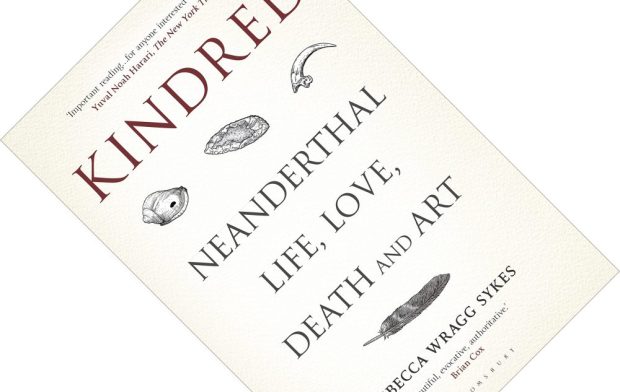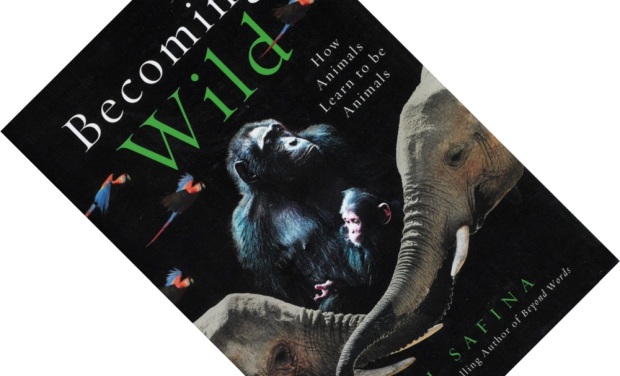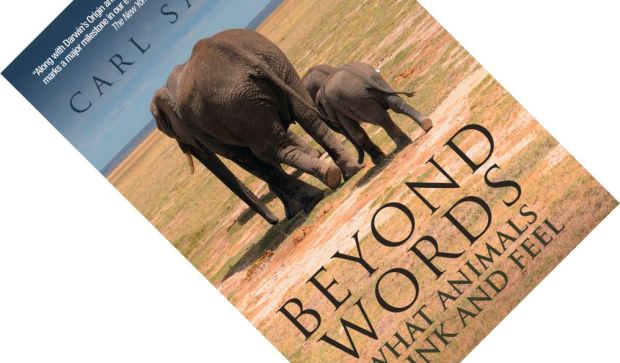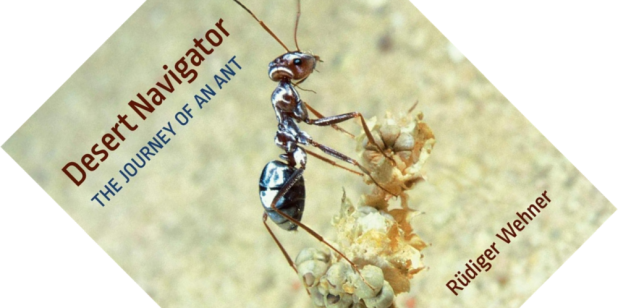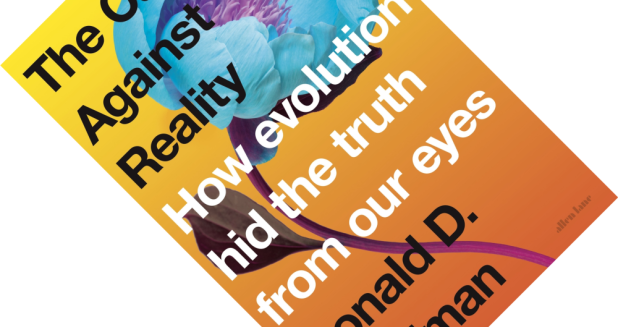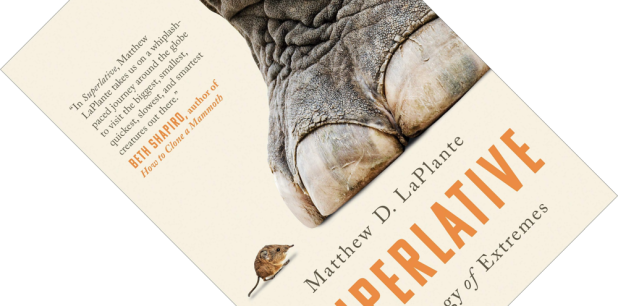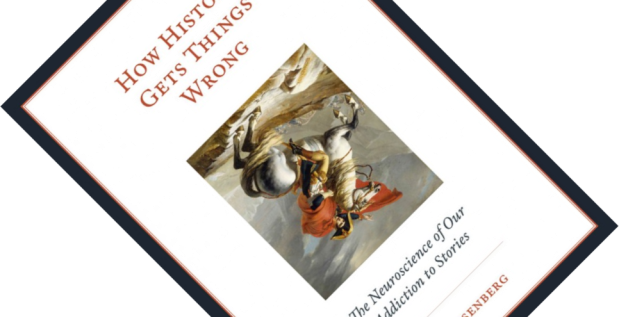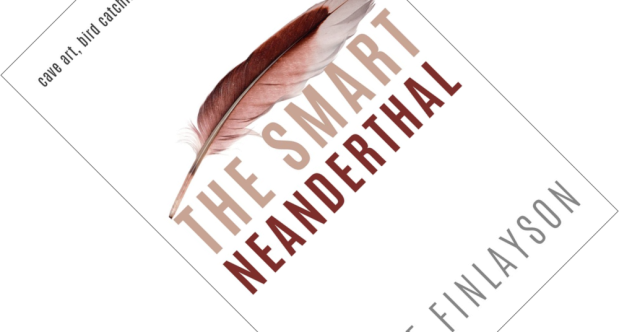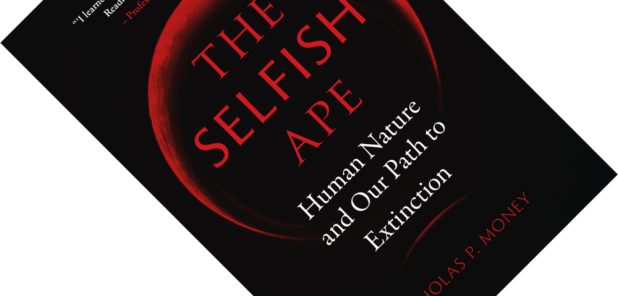7-minute read
Whatever mental image you have of our close evolutionary cousins, the Neanderthals, it is bound to be incomplete. Kindred is an ambitious book that takes in the full sweep of 150 years of scientific discovery and covers virtually every facet of their biology and culture. Archaeologist Rebecca Wragg Sykes has drawn on her extensive experience communicating science outside of the narrow confines of academia to write a book that is as accessible as it is informative, and that stands out for its nuance and progressive outlook. Is this a new popular science benchmark?

